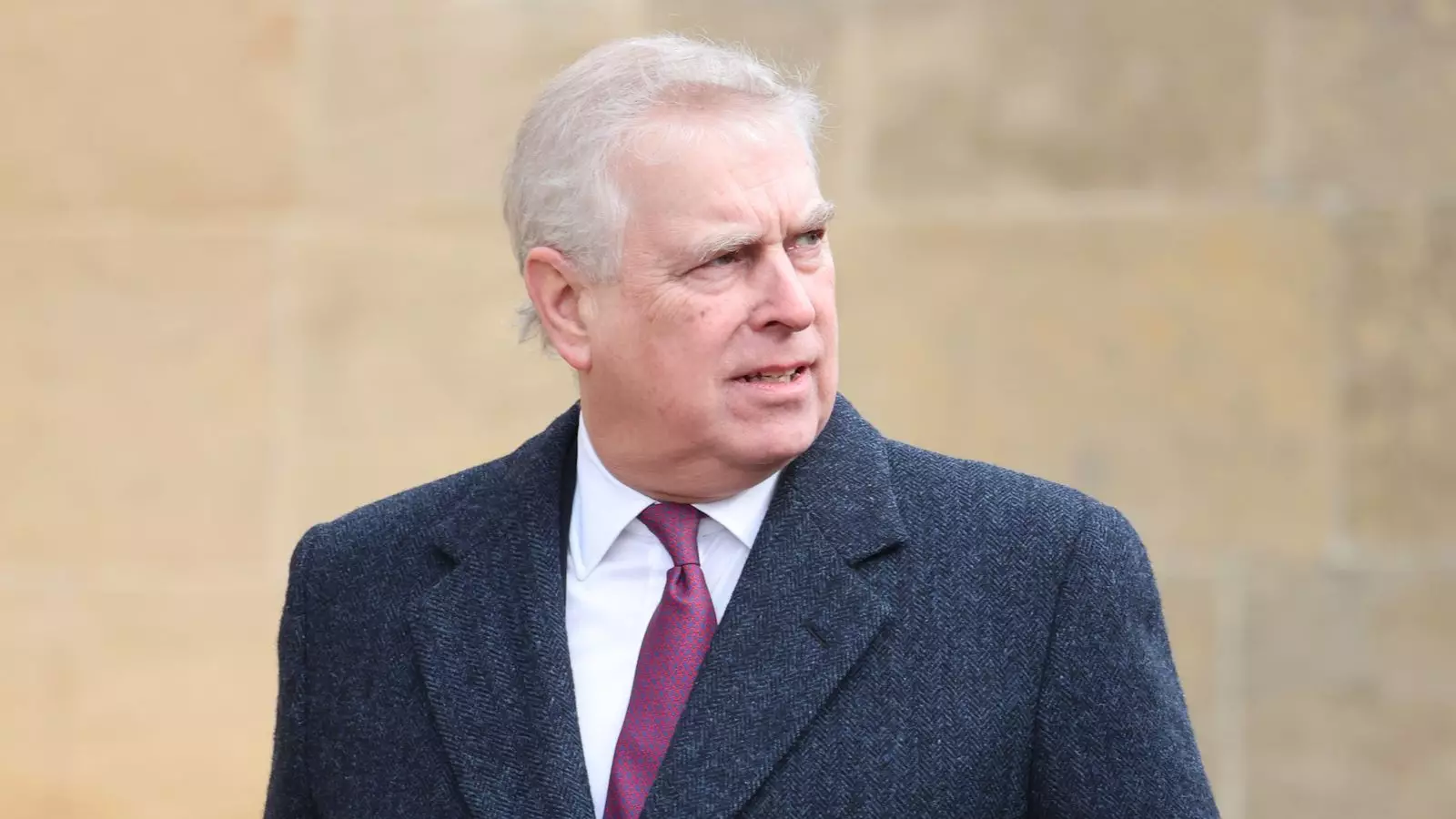Prince Andrew, the Duke of York, has recently found himself at the center of significant scrutiny following concerns raised regarding his associations with a businessman alleged to have ties to Chinese espionage. This situation touches not only on national security matters but also opens up discussions surrounding the royal family’s protocols in relation to the growing threats posed by foreign influence.
In a public statement, Andrew asserted that he had “ceased all contact” with the unnamed businessman after receiving advisory guidance from government officials. The Duke, now 64, expressed his intent to distance himself, claiming that while they had met through official channels, discussions of “sensitive nature” were never part of their interactions. This claim, while an effort to maintain credibility, raises further questions about the degree of oversight and judgment exercised by members of the royal family.
The revelation comes after Andrew was criticized for his past associations, particularly given his previous role as a UK trade ambassador from 2001 to 2011. The continuous fallout from this role, especially after stepping back from public duties amidst allegations tied to the late Jeffrey Epstein, highlights the need for stringent boundaries between royal duties and private relationships. In an era where transparency and accountability are demanded of public figures, Andrew’s defensive tone may serve to deflect criticisms but risks further entangling him in reputational woes.
Allegations Against the Businessman
The businessman in question, referred to as H6, was barred from entering the UK in 2023 due to allegations of engaging in “covert and deceptive activity” linked to the Chinese Communist Party. Legal proceedings have ensued, with H6 contesting the exclusion order issued by the Home Office, which was spearheaded by Suella Braverman, the then Home Secretary.
The Special Immigration Appeals Commission (SIAC) has supported the restrictions on H6’s entry, with judges citing concerns that Prince Andrew could have been manipulated or “vulnerable” due to H6’s influence. This case symbolizes the complex intersections between the royal family and global political contexts, where personal relationships could potentially compromise national integrity. H6’s presence at Andrew’s birthday party in 2020, along with the communications from Andrew’s aide, further complicates the narrative, suggesting that Andrew might have unwittingly stepped into a precarious situation.
The implications of this controversy extend beyond the royal family into the broader context of UK-China relations. The Chinese embassy in the UK has dismissed the allegations against H6, asserting that they are merely fabrications designed to tarnish China’s image. This diplomatic friction underscores the challenges inherent in cross-national relationships, especially in an age marked by heightened geopolitical tensions.
The rhetoric surrounding espionage allegations tends to evoke significant public sentiment, leading to polarized opinions. While some may see the caution exercised by the British government as warranted and essential for national security, others argue that the narrative contributes to a climate of distrust and fear against individuals connected to nations like China. This bifurcation not only complicates diplomatic relations but also affects the everyday interactions and perceptions on a societal level.
Prince Andrew’s brief but revealing statement has opened a Pandora’s box of discussions about accountability within royal circles, particularly regarding their decision-making processes and judgment calls about whom to associate with. As the line between personal discretion and public duty becomes increasingly blurred, it calls for an examination of both transparency and vigilance when navigating relationships with foreign business figures.
Looking ahead, the royal family may need to reassess its protocols. In light of national security risks and evolving global dynamics, members affiliated with the monarchy must proactively distance themselves from potentially harmful connections. Ultimately, this situation serves as a reminder that even royal figures are not insulated from the complexities of international relations and must remain acutely aware of their public roles and responsibilities.


Leave a Reply